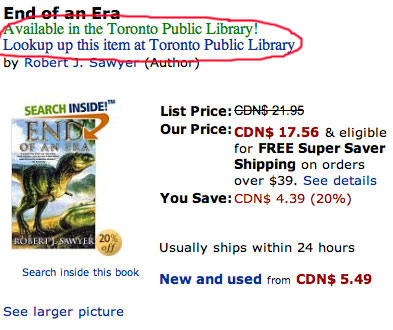The overwhelming success of games like Neopets has surprised many in the games community by its successful use of relatively simplistic web technologies. Whereas most popular video games today require players to launch a separate game application in order to play, Neopets is designed to be playable entirely within a web browser from neopets.com. As a result, the graphics and game features in Neopets are often considered drastically inferior to most modern video games -- presumably far more of a degradation than is worth the additional step loading a separate game application. Yet, in practice, the integration of Neopets into a user's web-browser creates a far more important psychological link for players. Each time a player is browsing the web for another purpose and has a short break from their work, the thought of quickly dashing to neopets.com to feed their pet becomes naturally ingrained into their mind.
In interviewing foreign language learners, I found that many of the more successful students didn't set aside dedicated study times as was prescribed by their teacher, but would instead use the commercial breaks while watching television as opportunities to review vocabulary words. This matches with the Kaiser Family Foundation reports that two-thirds of youth today either watch television, talk on the phone, instant message, listen to music, or surf the Web for fun some or most of the time they're doing homework. Besides only doing homework, the report showed that overall youth today spent an average of an extra hour per day multitasking between multiple different media forms as compared to 5 years ago. Particularly, as youth encounter pauses in one media form -- such as a commercial break or waiting for websites to load -- they are more apt to try and temporarily engage in another task until the pause completes.
To take advantage of this, I developed a small browser extension that analyzes a user's browsing patterns, then automatically updates a small portion of the screen to deliver a new foreign language vocabulary word whenever they are waiting for a website to load. Rather than creating new flashcard sets, a teacher simply enters the week's vocabulary words onto a central server and they are then automatically pushed to students at the moment when their attention is least scarce.

With high speed connections now commonplace, capturing the time spent waiting for pages to load is no longer as effective as it once was. Still, browser extensions offer extraordinary power for creative educators to devise new mechanisms for making language learning a persistent part of everyday web browsing. For example, extensions like Outfoxed, Netmite and Purple Bunny allow friends and fellow website visitors to post comments directly into other viewer's website windows. Normally these programs are used for users to flag things like inaccurate content for subsequent viewers, but they also provide the flexibility for anyone to easily insert customized annotations of any type (such as scaffolding for an unfamiliar L2 website) into a specified website.
